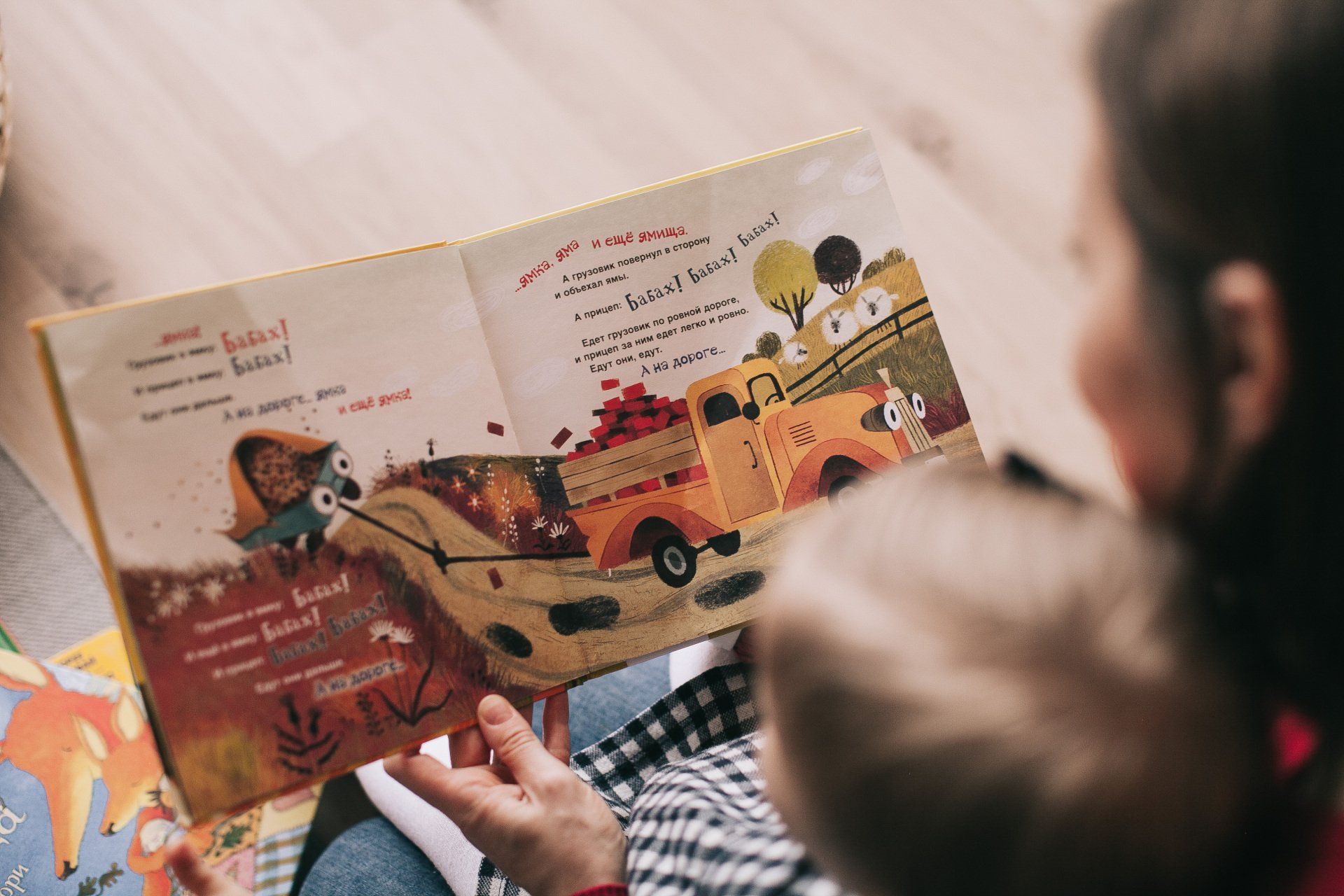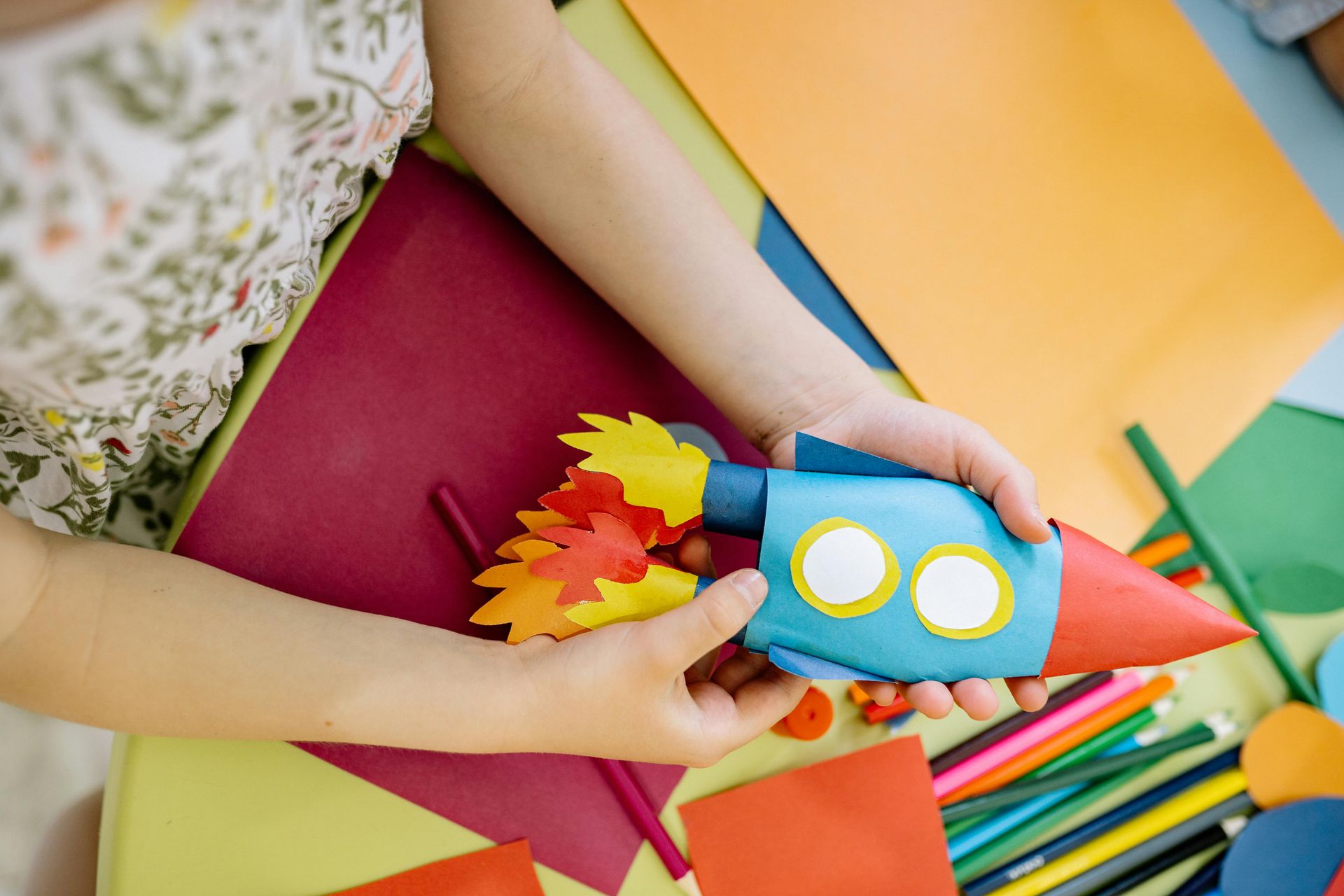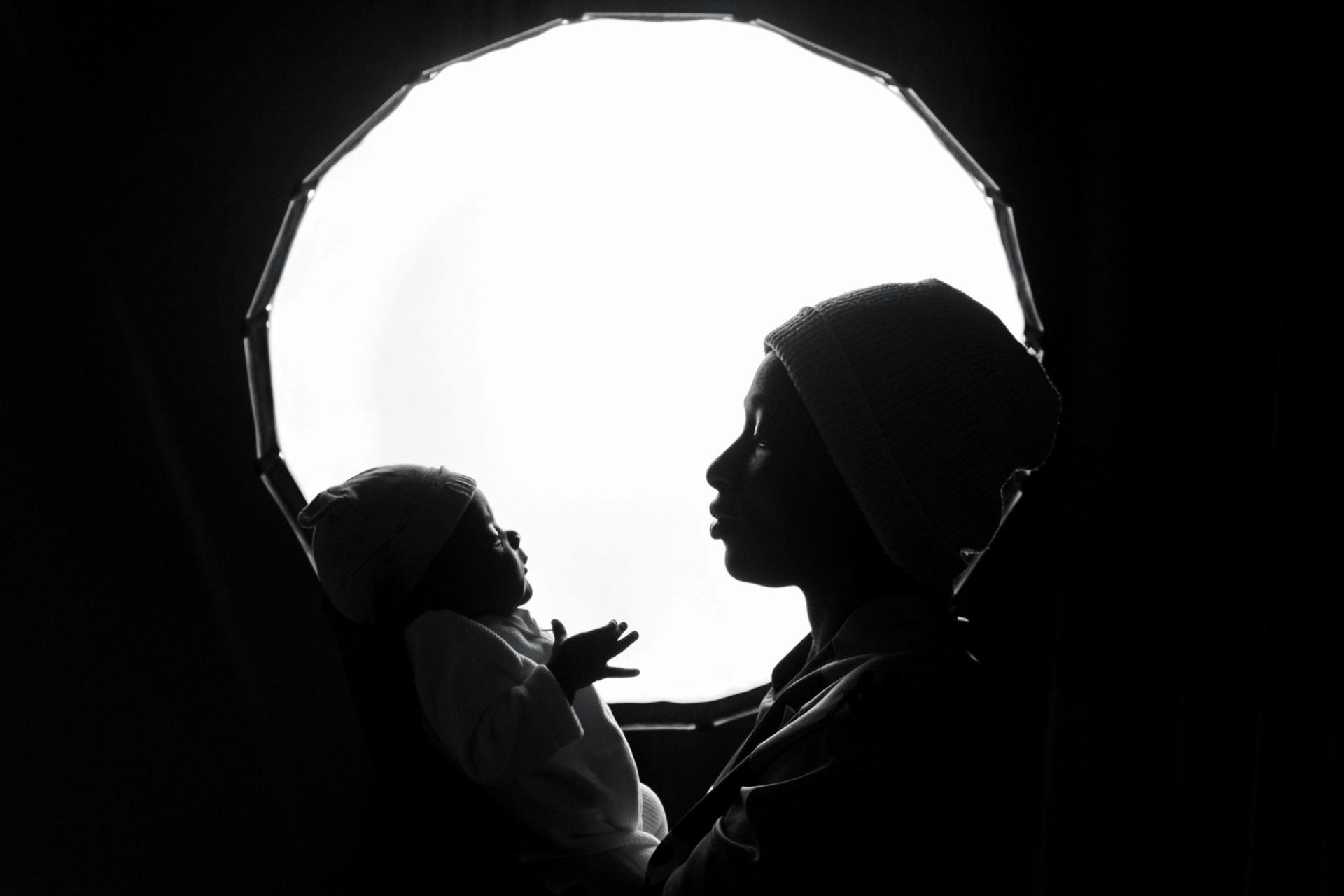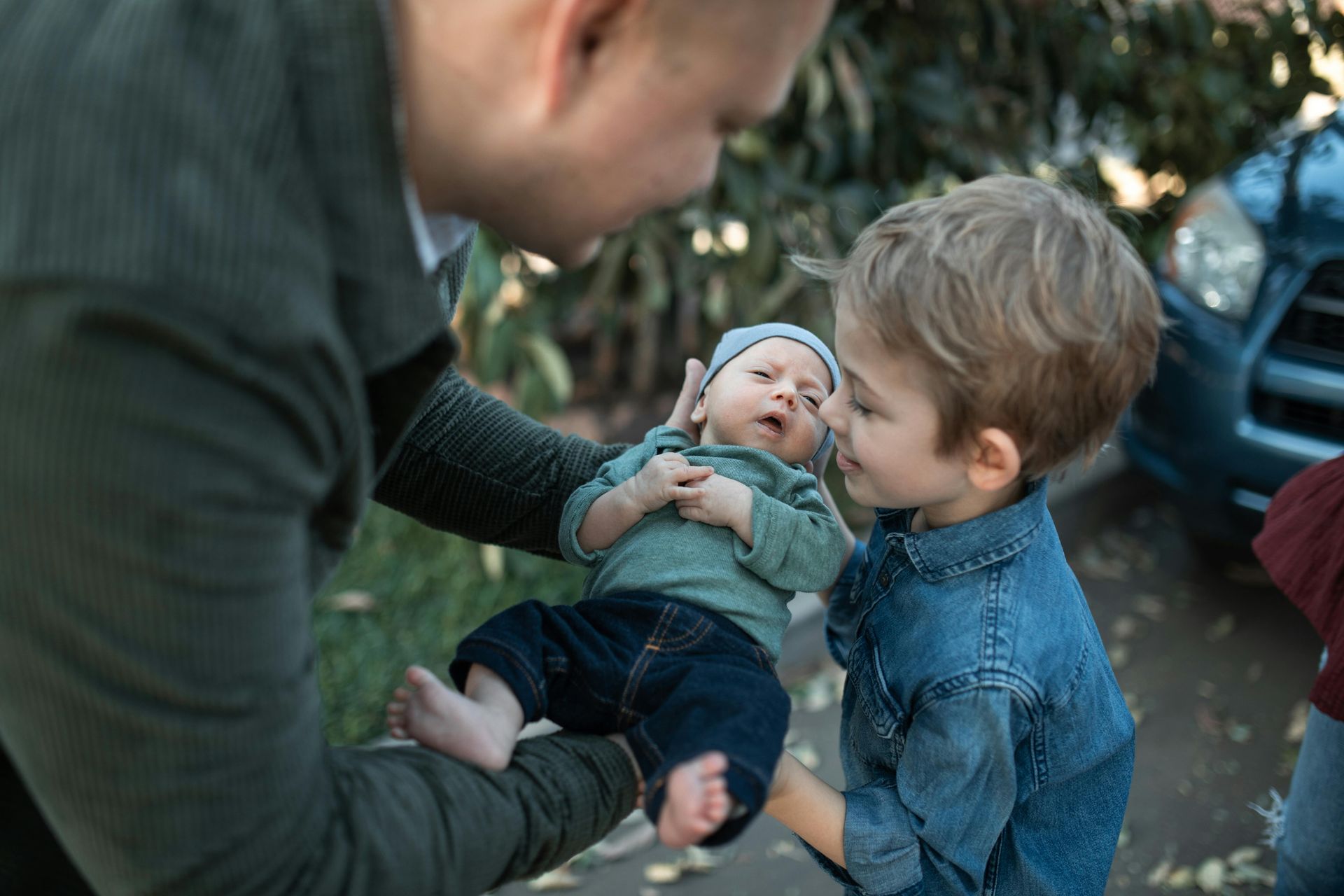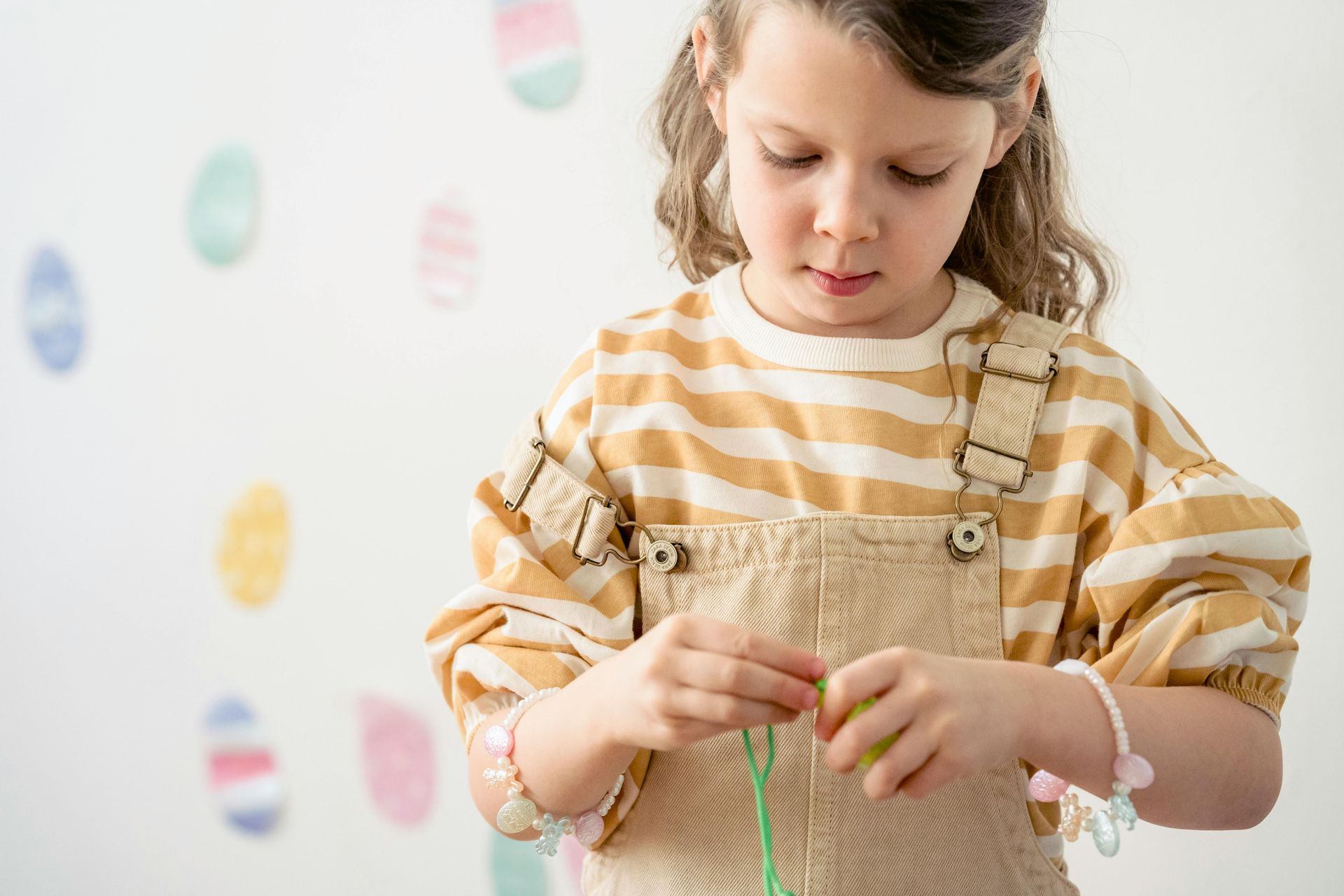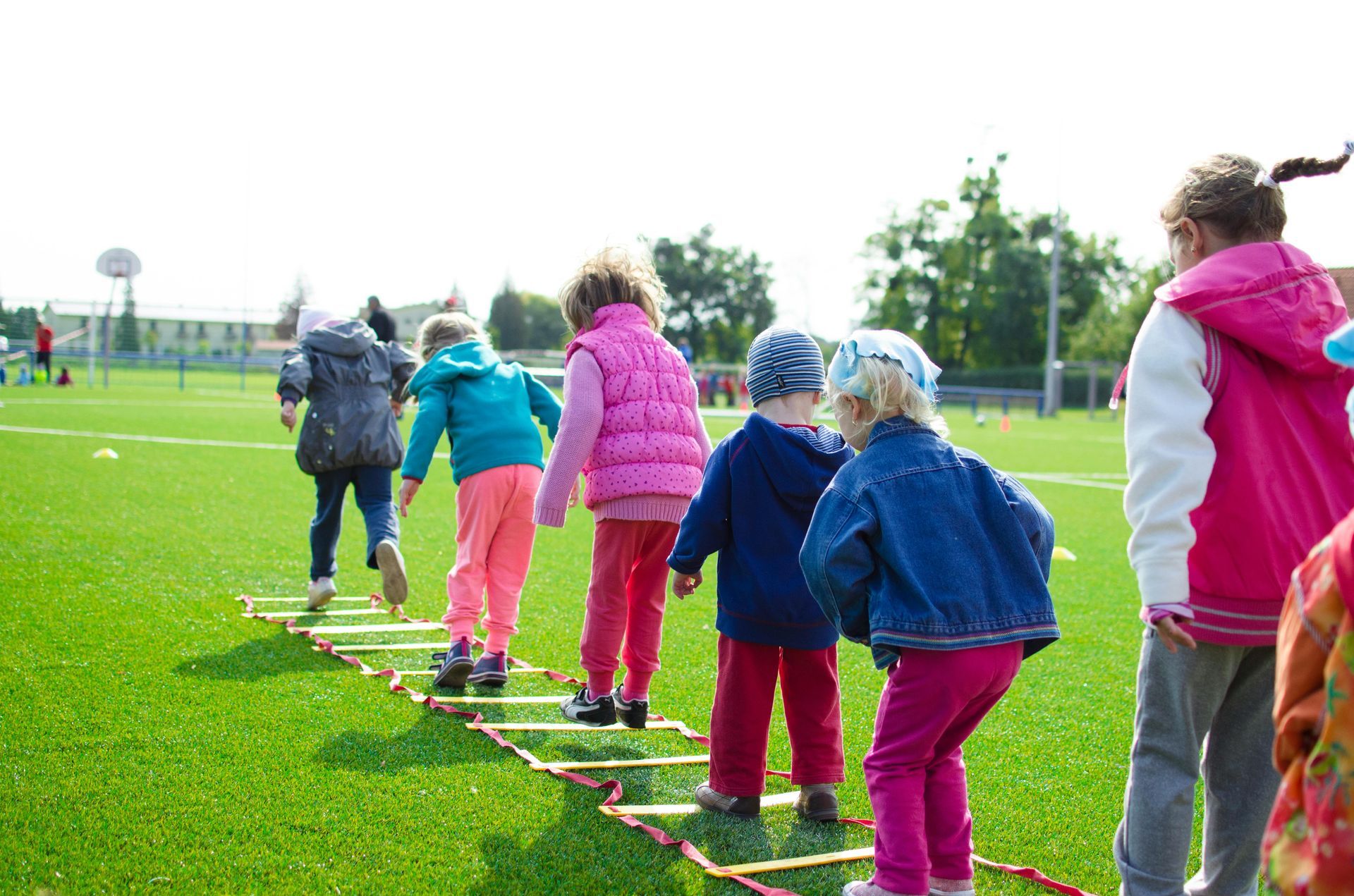Raising Lifelong Learners: The Impact of Early Childhood Education on Future Success
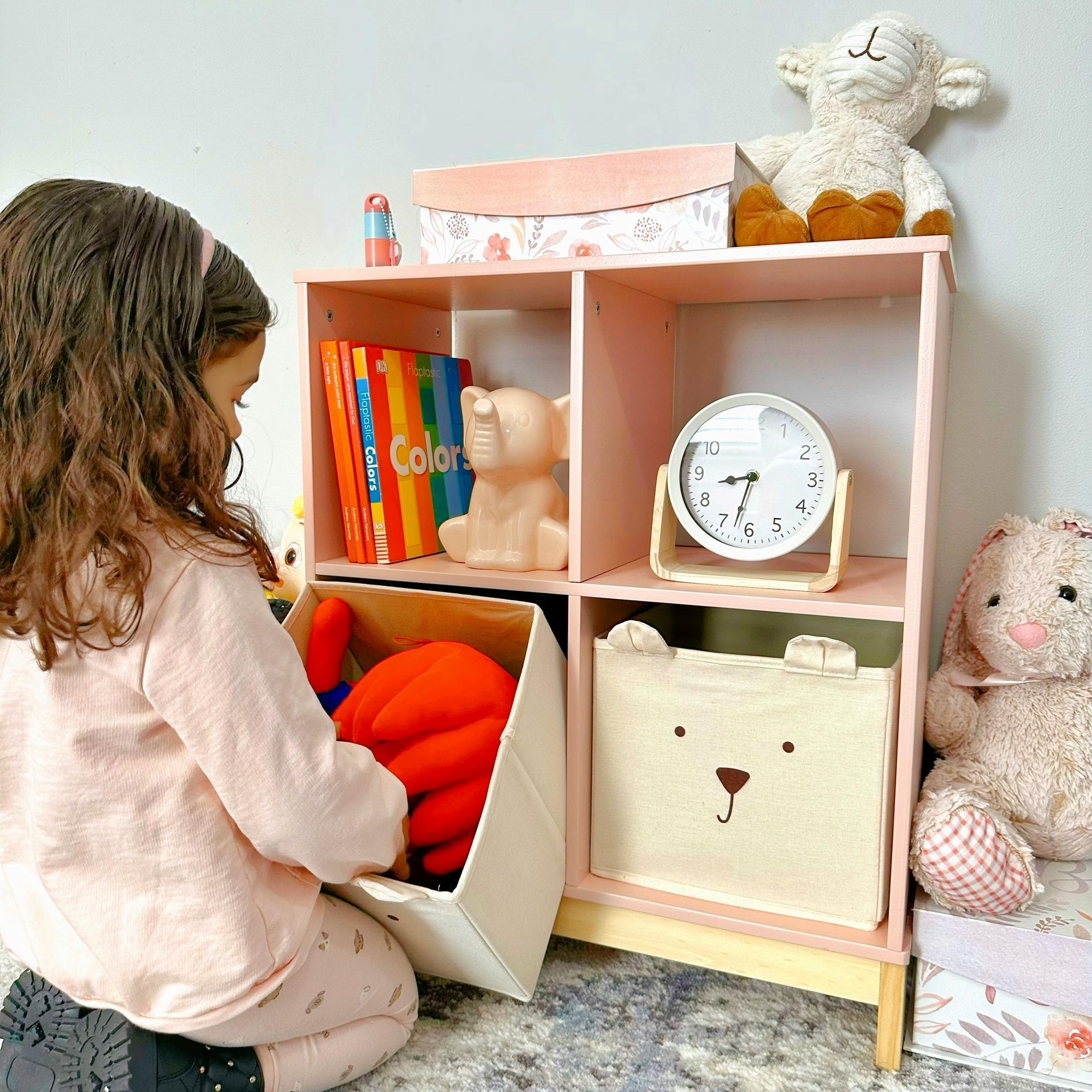
As parents, we all want our children to grow into confident, capable, and successful individuals. The foundation for this success is often built in the early years of life, when children are most receptive to learning and development. Early childhood education (ECE) plays a crucial role in shaping the future of children, influencing not only their academic abilities but also their social and emotional skills.
At Early Education Station Orlando, we recognize the significant impact that high-quality early childhood education has on a child's long-term success. In this blog post, we will explore the various ways in which early childhood education contributes to future achievements, both in and out of the classroom. From fostering a love of learning to developing social and emotional resilience, the benefits of early education last a lifetime.
Why Early Childhood Education Matters
The early years of life are a time of rapid brain development. During this critical period, children form the foundation for future cognitive, emotional, and social growth. Studies consistently show that children who attend high-quality early childhood programs are better prepared for school and life. Here are some reasons why early childhood education is so vital:
1. Brain Development and Cognitive Skills
The brain forms more than a million new connections each second in the first few years of life. This incredible growth makes early childhood a prime time for learning. High-quality early childhood education programs stimulate brain development by providing children with a structured yet flexible environment where they can explore, solve problems, and acquire new skills.
Example: Through hands-on activities, such as matching games, puzzles, and language-rich interactions, children build essential cognitive skills such as problem-solving, critical thinking, and memory retention. These skills form the basis for more complex learning in later years.
2. Social and Emotional Growth
One of the most important aspects of early childhood education is the opportunity it provides for children to develop social and emotional skills. Through structured group activities, children learn how to share, cooperate, and navigate social situations. They also learn how to regulate their emotions, understand empathy, and resolve conflicts.
Example: In a preschool classroom, children may work together on a project, allowing them to practice communication, teamwork, and problem-solving. Additionally, they gain the ability to express their emotions in healthy ways, which is crucial for their emotional well-being.
3. A Love of Learning
Early childhood education programs are designed to foster a love of learning by offering children a variety of engaging and age-appropriate activities. By creating a positive, stimulating environment, children develop a natural curiosity and a passion for discovering new things. This early exposure to learning helps cultivate a growth mindset, where children believe that they can continue to learn and improve throughout their lives.
Example: Activities such as storytelling, arts and crafts, and science exploration spark children’s imagination and make learning an enjoyable experience. When children associate learning with fun and excitement, they are more likely to continue seeking knowledge in the future.
4. School Readiness
Children who attend early childhood education programs are better prepared for school. They enter kindergarten with a stronger foundation in literacy, numeracy, and social skills. Early education helps children develop the cognitive and emotional skills they need to thrive academically and navigate the structure of a formal school setting.
Example: Learning basic math and literacy concepts, such as numbers, letters, and shapes, in preschool sets children up for success when they transition to elementary school. Additionally, by learning how to follow routines and take turns, children are better equipped to handle the expectations of a school environment.
5. A Stronger Foundation for Lifelong Success
The benefits of early childhood education extend far beyond the classroom. Research shows that children who participate in high-quality early education programs are more likely to graduate from high school, attend college, and pursue successful careers. They are also more likely to demonstrate positive behaviors, such as good citizenship and active community involvement.
Example: A child who has developed strong social skills, emotional resilience, and a love of learning in preschool is more likely to excel in future academic and social situations. The foundation built in early childhood education continues to support the child throughout their life, helping them navigate challenges and seize opportunities.
How Early Education Sets Children Up for Success at Early Education Station Orlando
At Early Education Station Orlando, we understand that every child is unique, and we strive to meet each child where they are developmentally. Our program is designed to provide a well-rounded education that addresses not only cognitive growth but also social and emotional development. Here’s how we help children build the foundation for lifelong success:
1. Individualized Learning Plans
We recognize that children develop at different rates, and we tailor our curriculum to meet the needs of each child. By observing and assessing each child’s strengths and areas for growth, we create individualized learning plans that help each child reach their full potential.
Tip: Our approach ensures that children receive the right level of challenge and support, allowing them to progress at their own pace and develop confidence in their abilities.
2. Holistic Development
We focus on developing the whole child—cognitive, emotional, social, and physical skills. Our curriculum includes a mix of activities that promote problem-solving, communication, self-regulation, and physical coordination. Through interactive learning experiences, we ensure that children grow in all areas of development.
Tip: Our teachers use hands-on activities such as art projects, nature walks, and group games to foster creativity, teamwork, and self-expression, while also promoting cognitive skills like critical thinking and reasoning.
3. Emotional Support and Resilience
At Early Education Station Orlando, we create a nurturing and supportive environment where children feel safe to explore, make mistakes, and learn from them. Our teachers work closely with each child to build emotional resilience, encouraging them to express their feelings and cope with challenges in a positive way.
Tip: Children are taught emotional intelligence through activities that help them identify and manage their emotions, understand the feelings of others, and build strong relationships with peers.
4. Preparation for Lifelong Learning
Our goal is to inspire children to become lifelong learners. By creating a positive, engaging, and challenging environment, we help children develop a growth mindset—believing that intelligence and abilities can be developed through hard work and dedication. This mindset sets children up for success in their academic journey and beyond.
Tip: Our focus on active, hands-on learning encourages children to ask questions, explore new ideas, and take ownership of their learning process, which lays the groundwork for future academic achievement.
Explore how play-based learning and emotional support go hand in hand in shaping confident, well-rounded children in
Building Strong Foundations: The Importance of Play-Based Learning in Early Childhood Education and
Supporting Your Child’s Emotional Growth: Techniques for Parents and Educators in Orlando.
Conclusion
Early childhood education is an investment in a child’s future. At Early Education Station Orlando, we provide a rich and nurturing environment where children can develop the skills they need to succeed in school and in life. Through individualized learning, emotional support, and a focus on holistic development, we prepare children for a lifetime of learning and achievement.
By giving children the tools they need to become confident, capable, and resilient, we are setting them up for success in all areas of life. Early childhood education is not just about preparing children for kindergarten—it’s about giving them the foundation to thrive throughout their academic journey and beyond.

